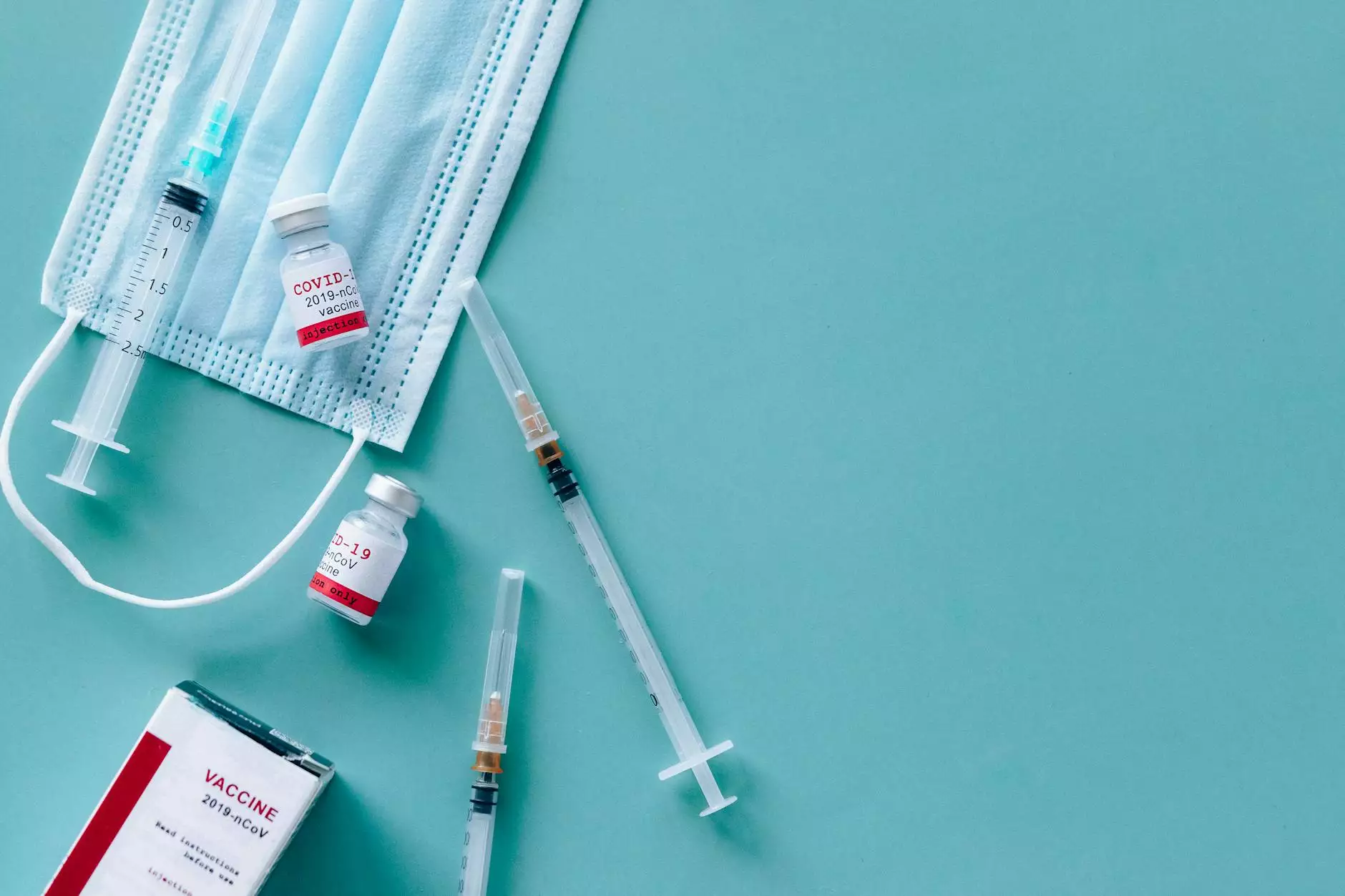General Anesthesia Discharge Instructions

Preparing for a Smooth Recovery
Congratulations on successfully undergoing your surgery at Foley James D MD. As you transition from the operation to post-operative care, it is crucial to follow the general anesthesia discharge instructions provided by our expert team. By adhering to these instructions, you can ensure a smooth recovery and minimize any potential complications.
Understanding General Anesthesia
General anesthesia is a medical state induced during surgery that allows patients to undergo procedures without experiencing pain or discomfort. While under general anesthesia, the medications used depress your central nervous system, making you unconscious and eliminating reflex responses.
After your surgery, you will be in the recovery room until you regain consciousness, and your vital signs stabilize. Once you are awake and stable, the medical staff will evaluate your condition and determine if you are ready for discharge. Always ensure that you have a responsible adult accompany you for transportation and support.
Post-Anesthesia Care
Following general anesthesia, it is essential to take care of yourself to have a successful recovery. Here are some guidelines to follow:
1. Rest and Relaxation
Take ample rest for the first 24 hours following your surgery. Avoid strenuous activities and try to relax as much as possible. Resting will promote healing and minimize potential complications, allowing your body to recover more efficiently.
2. Pain Management
In most cases, it is normal to experience some level of discomfort or pain after your surgery. Foley James D MD will prescribe appropriate pain medications to help manage your pain during the recovery phase. Follow the prescribed doses precisely and reach out to us if you have any concerns or experience severe pain that is not effectively managed by the medications.
3. Incision Care
Proper care of your surgical incision is crucial to prevent infections and promote healing. Follow the specific instructions given by Foley James D MD regarding cleaning and dressing the wound. Keep the incision clean and dry unless instructed otherwise, and report any signs of infection immediately.
4. Hydration and Nutrition
Stay hydrated by drinking plenty of fluids, unless your medical team advises against it due to specific surgical requirements. Be cautious with alcohol, caffeine, and sugary drinks as they can interfere with the healing process. Additionally, consuming a healthy and balanced diet rich in nutrients will aid in your recovery.
5. Activity Restrictions
It is important to limit strenuous activities during the initial recovery stages. Avoid heavy lifting, intense workouts, or activities that strain your body. Gradually increase your activity level as advised by Foley James D MD to prevent complications and support your healing process.
Follow-up Care
After your surgery, Foley James D MD will schedule follow-up appointments to monitor your progress and ensure a successful recovery. It is crucial to attend these appointments and communicate any concerns or questions you may have.
During your follow-up appointments, we will assess the healing of your surgical incision, evaluate your overall recovery process, and make any necessary adjustments to your treatment plan. By actively participating in your follow-up care, you are taking a proactive step towards a healthy and speedy recovery.
Recognizing Warning Signs
Although complications after surgery are rare, it's important to be aware of potential warning signs. Contact Foley James D MD immediately if you experience any of the following:
- Excessive swelling, bleeding, or discharge from the incision site
- Fever above 100.4°F (38°C)
- Sudden and severe pain that is not alleviated by prescribed pain medications
- Persistent vomiting or nausea
- Difficulty breathing or chest pain
- New or worsening symptoms that cause concern
Remember, your health and well-being are our top priorities, and we are here to support you throughout your recovery journey.
Conclusion
At Foley James D MD, we understand the importance of comprehensive general anesthesia discharge instructions. By following these guidelines, you can significantly contribute to a healthy and successful recovery while minimizing potential complications. Should you have any questions or concerns during your recovery process, do not hesitate to contact our expert team.



